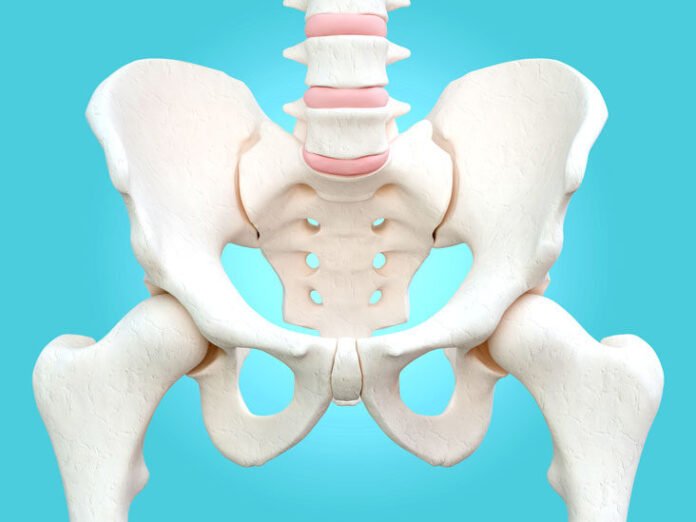Receiving a bone marrow transplant can make your body vulnerable to various infections. Your immune system worsens, and the body requires some time to get back to normal. And because you are in the recovery phase, you need to be extra careful while eating. Patients after receiving the bone marrow transplant in India are at high risk of getting food-borne illnesses.
Many patients tend to miscalculate what they need to eat in order to protect themselves from various food-borne illnesses. As a result, they start to have symptoms like nausea, diarrhoea, abdominal pain, etc. Therefore, it is best to follow through with a planned diet with all essential nutrients to make it worth your bone marrow transplant cost in India. And for the same reason, we have laid down a general eating guideline that you can go along with to speed up the overall recovery process.
Hygiene
Hygiene is something that you cannot compromise under any circumstances. Everything you eat must be clean and free from dirt and other impurities. Your stomach is not in its best state, and therefore you must make sure all your plates, shelves, utensils, spoons, forks, and other kitchen equipment are clean before eating.
Additionally, the person making the food should be healthy and free from infections. Symptoms like cough, runny nose can make it worse as it can lead to transmission.
Food keeping
Food storage should be done wisely to keep it fresh and fit to eat. Cold food should be stored at a temperature of less than 4-degree Celsius. On the other hand, hot foods should be stored at more than 60 degrees. And when you are reheating the leftovers, make sure to heat them at around 70-degree Celsius. This will protect your food from bacteria. Also, avoid storing the food for longer periods and try to eat fresh meals as much as possible.
Considerations while eating meat and eggs
- Keep the meat, eggs, and seafood away from your veggies.
- Cleanse the raw meat before putting it to use.
- Do not eat undercooked meat.
- Avoid thawing the frozen meat at room temperature. Rather, defrost it in the refrigerator itself.
- Use the eggs that are in the best condition without apparent cracks.
- Do not wash the eggs as they have a natural protective coating.
- Do not eat raw eggs.
Considerations for fruits and vegetables
- Wash off all fruits and veggies thoroughly before eating or cooking.
- Store your fruits and vegetables away from the meat, eggs, and seafood.
- Do not eat the damaged part within a fruit or vegetable.
- Make sure to pick the best pieces while buying.
- Do not eat raw or undercooked vegetables.
- Use a clean knife while cutting the supply.
Drinking water
Tap water coming from a municipal source is generally considered safe. However, you can read the safety reports regarding tap water in your locality on the government website. Additionally, you can get more details regarding the same by contacting the corporation. In case the tap water is doubtful, you should drink bottled water. But you must choose a trusted bottled water supplier as it’s best to drink safe water to avoid certain health conditions.
Eating out
It is recommended to avoid restaurants for around two to three months after the treatment. And in case you go out, you should go to a known place rather than a new restaurant. Avoid eating from the roadside stalls. Go to a restaurant that strictly follows all the safety guidelines regarding food handling and preparations.
Foods to avoid and their safer alternatives
| Food to Avoid | Safer Alternative |
| Foods containing raw and undercooked eggs (Ex: French toast, omelette, pudding, eggnog) | Boiled eggs |
| Unpasteurised dairy products like cheese, butter, yoghurt. | Pasteurised dairy products |
| Undercooked meat | Well cooked meat |
| Unwashed unpeeled raw fruits | Wash them under running water and peel them before eating. |
| Uncooked grain products | Cook them nicely |
| Raw nuts | Roasted nuts |
| Lightly cooked vegetables | Well cooked vegetables |
Essential vitamins and minerals
Consuming sufficient vitamins and minerals is necessary for the recovery process. It helps repair the tissues and assists your body in fighting the after-effects of a transplant. Therefore, you must make sure you are taking enough of the essential vitamins and minerals needed for a healthy recovery. Some of the key vitamins and minerals are listed below:
- Calcium
Calcium is needed for maintaining sufficient bone strength. Calcium can be found in foods like buttermilk, yoghurt, spinach, hard cheese, whole sesame seeds, etc.
- Vitamin D
Vitamin D helps improve the overall bone density. Some food options to consume vitamin D are salmon, fortified cheese, egg yolk, liver, etc.
- Phosphorus
Phosphorus in combination with calcium and magnesium helps in the formulation of healthy bones. Phosphorus is present in fair quantities in products like bran cereals, beans, chocolate, yoghurt, and walnuts.
- Magnesium and potassium
The combination of magnesium and potassium helps enhance the overall bone structure. Some foods containing magnesium and potassium are baked potato, brown rice, steak, avocado, and dried figs.
So, that was all about the dos and don’ts of eating when you are recovering from a bone marrow transplant. Sticking to the eating plan explained above will make recovery easy for your body and protect you from bearing another bone marrow transplant cost in India.
